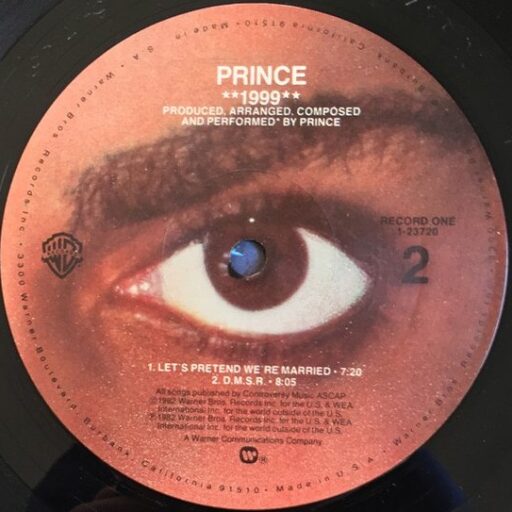Tag: graham central station
-
Podcast: I Know That the Lord is Coming Soon – Erica Thompson on the Salford Purple Reign Conference
It’s been just under two months since I started interviewing presenters from this spring’s interdisciplinary Prince conference at the University of Salford, and I’ve been absolutely thrilled with the results. But all good things must come to an end, so I had planned to make this chat with writer Erica Thompson the last of my post-conference podcasts.…
-
Podcast: The Evolution Will Be Colorized – Zack Stiegler on the Salford Purple Reign Conference
This episode, it’s 2 Zacks United 4 Prince Conference (sorry) as your usual host, Zach Hoskins, talks to Zack Stiegler, Associate Professor in Communications Media Studies at Indiana University of Pennsylvania. As in my last episode with Jane Clare Jones, we’re here to talk about Zack’s time at the University of Salford’s interdisciplinary Prince conference…
